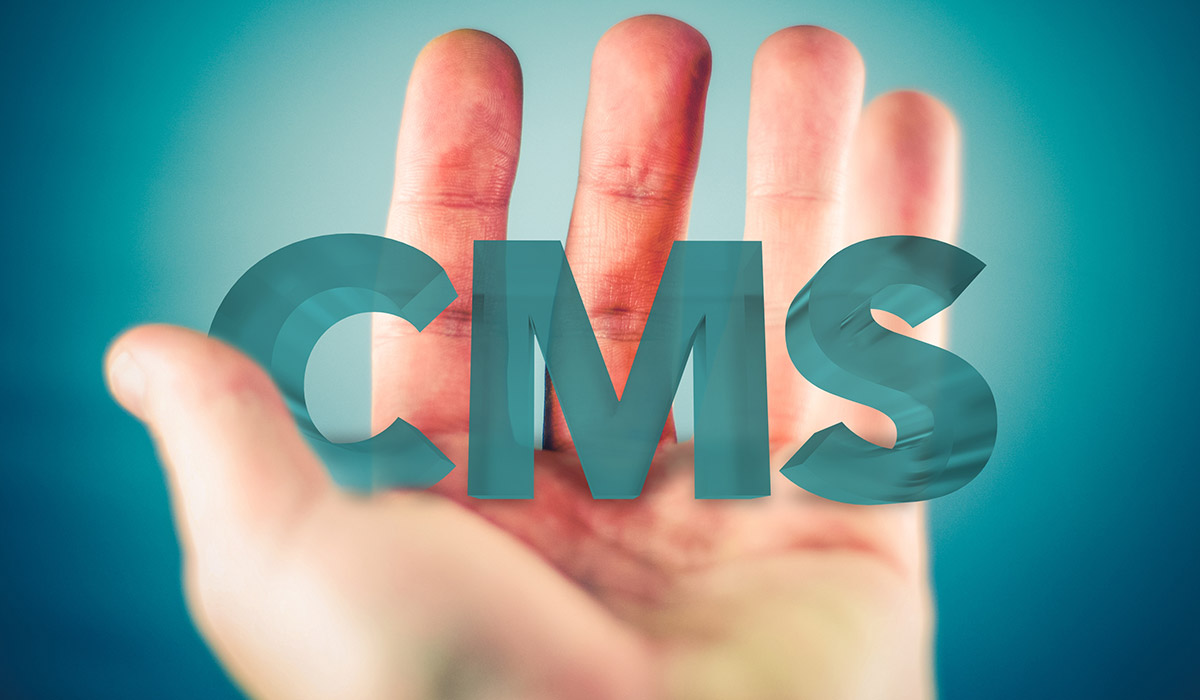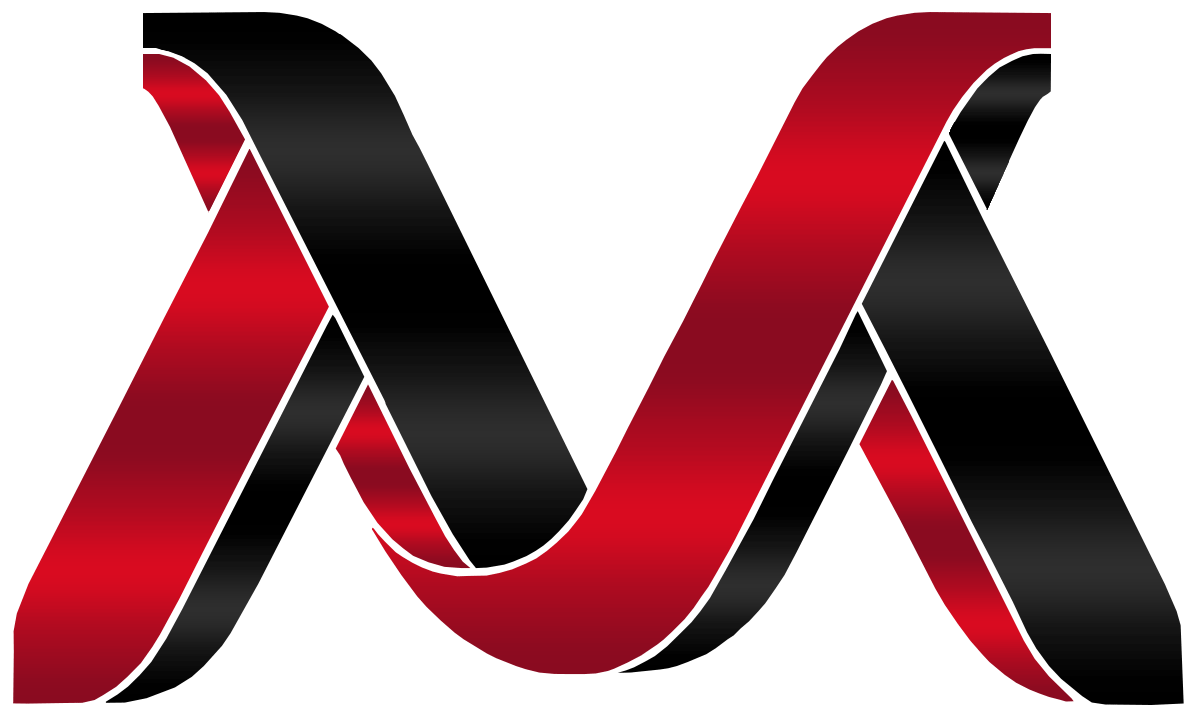Choosing Your CMS Digital Foundation: WordPress vs. Wix (and why a CMS might make sense for you)
A website is no longer a luxury; it's a necessity, as we've pointed out in other articles. Whether you're a small business owner, a blogger, or an aspiring entrepreneur, having an online presence is crucial. But building a website from scratch can be daunting, requiring coding knowledge and technical expertise.
That's where a Content Management System (CMS) come in. A CMS simplifies website creation and management, allowing you to focus on what matters most: your content and your audience. This article explores the benefits of using a CMS and dives into two popular choices: WordPress and Wix. Even if you choose one of these CMS systems, we can help you make a good choice and even manage your CMS for you.

Why Use a CMS?
Imagine trying to build a house without any tools. A CMS is like your toolbox, providing the framework and instruments you need to construct and manage your website efficiently. Here's why they're so valuable:
- Ease of Use: No coding required! CMS platforms offer user-friendly interfaces, often with drag-and-drop functionality, making website creation accessible to everyone, regardless of technical skills.
- Content Management: Easily create, edit, and publish content (text, images, videos) without needing to manipulate code. This streamlined process keeps your website fresh and engaging.
- Design Flexibility: Choose from a wide range of pre-designed templates (themes) to give your website a professional look and feel. Many CMS platforms also allow for customization, so you can tailor the design to your brand.
- Scalability: As your website grows, a CMS can accommodate increased traffic, content, and functionality. You can easily add pages, features, and integrations without starting from scratch.
- SEO Friendliness: Most CMS platforms offer built-in SEO tools or plugins that help you optimize your website for search engines, improving your visibility and attracting more visitors.
- Community Support: Popular CMS platforms have large and active communities, providing ample resources, tutorials, and support forums to help you troubleshoot issues and learn new skills.
WordPress: The Powerhouse of Customization
WordPress is the world's most popular CMS, powering a significant portion of the internet.11 Its open-source nature and vast ecosystem of plugins and themes make it incredibly versatile.
Pros:
- Highly Customizable: Thousands of themes and plugins offer virtually unlimited design and functionality options.
- SEO Friendly: WordPress is inherently SEO-friendly, and numerous plugins enhance its capabilities. Keep in mind that the extra code generated by WordPress can also count negatively in SEO rankings.
- Large Community: Extensive support resources and a thriving community make it easy to find help.
- Flexible and Scalable: Suitable for everything from small blogs to large e-commerce websites.
- Open Source: Free to use, with the option to customize the code further if needed.
Cons:
- Learning Curve: While user-friendly, WordPress can have a steeper learning curve than some other platforms, especially for beginners.
- Maintenance: Requires regular updates to the core software, themes, and plugins to ensure security and compatibility.
- Hosting: You'll need to find and pay for web hosting separately.
Wix: Simplicity and Speed
Wix is a cloud-based website builder known for its ease of use and drag-and-drop interface. It's a great option for beginners and those looking to quickly create a visually appealing website.
Pros:
- Easy to Use: Intuitive drag-and-drop interface makes website creation a breeze.
- Fast Setup: Get your website up and running quickly with minimal effort.
- All-in-One Platform: Includes hosting, domain registration, and website building tools in one package.
- Visually Appealing Templates: Offers a wide selection of professionally designed templates.
Cons:
- Less Customizable: While Wix offers customization options, it's not as flexible as WordPress.
- Platform Lock-in: Migrating your website from Wix to another platform can be challenging, if not impossible!
- Limited Plugin Ecosystem: Fewer third-party apps and integrations compared to WordPress.
- SEO Drawbacks: Wix does offer built-in SEO, but because of the amount of extra code generated by a CMS system, this can be a negative for some technical SEO requirements, just like WordPress.
- Pricing: While Wix offers a free plan, premium features and removing Wix branding requires a paid subscription.
Which CMS is Right for You?
- Choose WordPress if: You need a highly customizable website with advanced functionality, are comfortable with a slight learning curve, and want full control over your website.
- Choose Wix if: You prioritize ease of use and speed, need a simple and visually appealing website, and prefer an all-in-one platform.
Ultimately, the best CMS for you depends on your specific needs and goals. Consider your technical skills, budget, and the type of website you want to create before making a decision. Both WordPress and Wix are powerful tools that can help you establish a strong online presence. Do your research, explore both platforms, and choose the one that feels like the right fit for your digital journey.
Marcom Masters works with many customers who have a CMS, and we take the load of managing a company website off the hands of the business owner, so that they can focus on their core competency. We can either continue managing your Wix or WordPress website, or we can migrate it to a standalone HTML website for maximum professionalism and SEO optimization. For more information, reach out to us and we can explore the options together.
